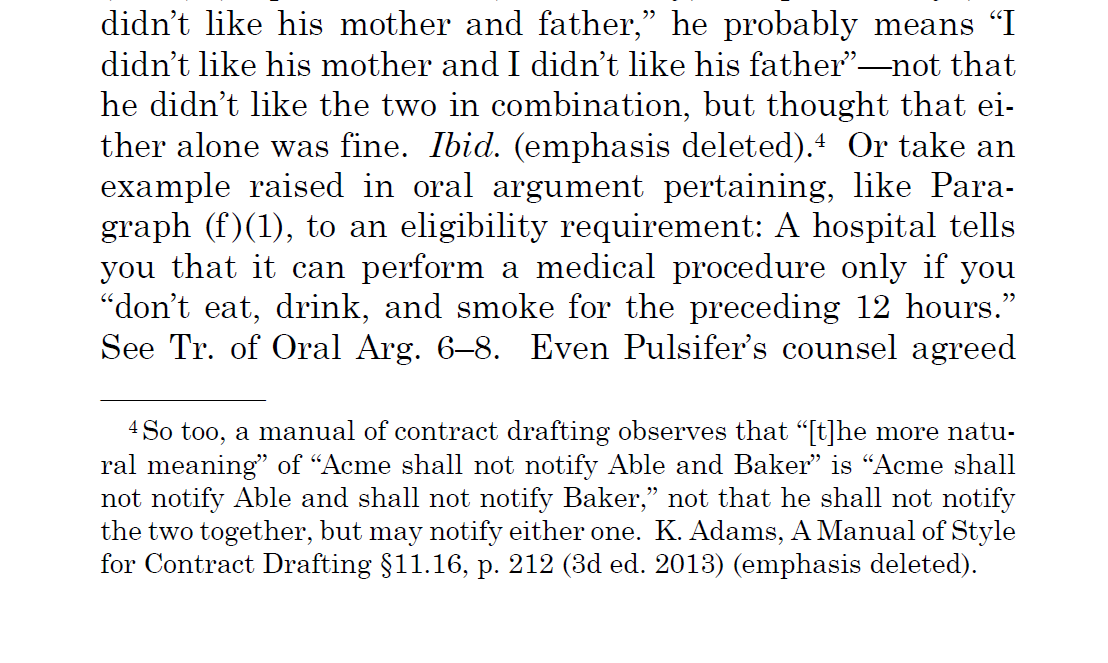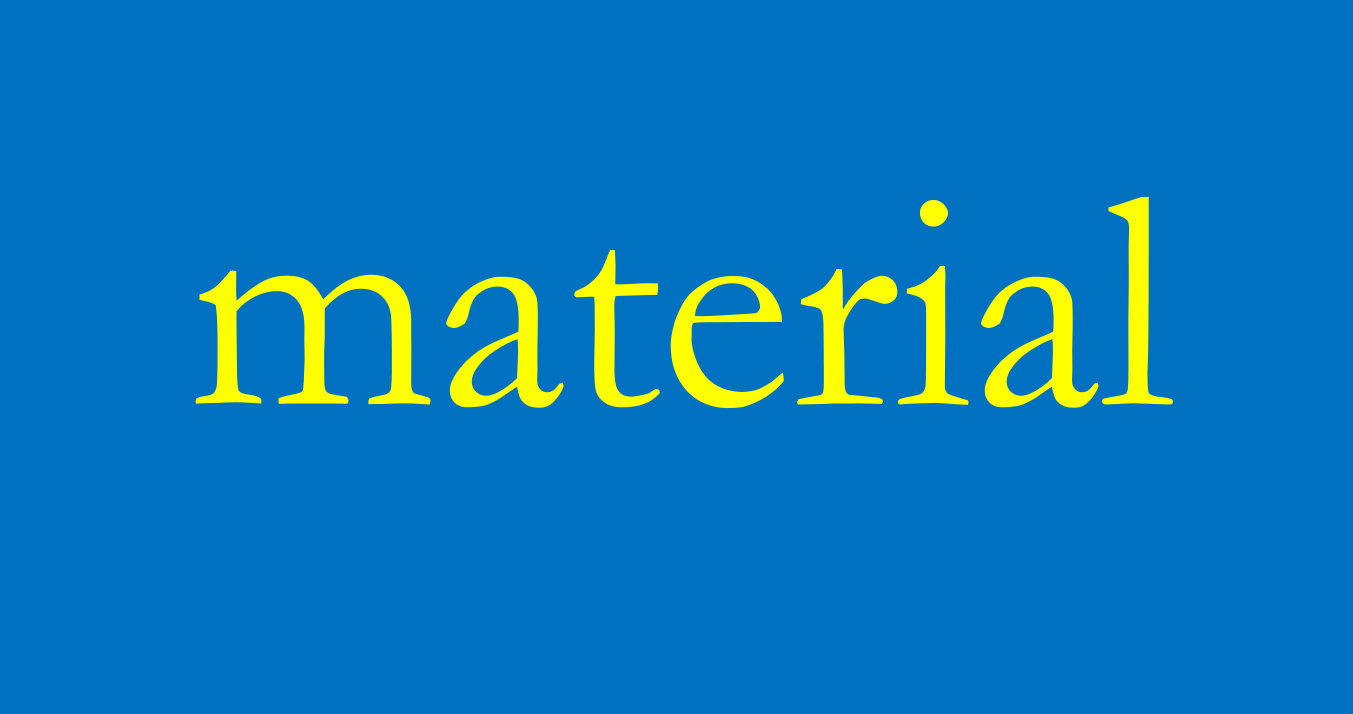Yesterday I saw this tweet by Kaitlyn Fydenkevez:
I have spent a large portion of my day fighting over whether a particular contract should refer to itself as “this Form” or “this form”. @AdamsDrafting, what have you done?
What we’re seeing here is what happens when you eat the fruit of the contract-drafting tree of knowledge—you look around with new eyes, aghast to find that you’re surrounded by dysfunction, and you start trying to figure out how to deal with it. (I wrote about that in this 2014 blog post.)
I thought Kaitlyn might find it helpful if I elucidate the two rules of using this in contracts. “Two?,” I hear you say, quizzically. Yes, two; this blog post is the first time I have dared to articulate the second rule.
The First Rule
The first rule is straightforward: When this is used for a document’s reference to itself, the following noun (or noun phrase) shouldn’t have an initial capital—you’re not stating a title, you’re just referring to a thing, and in English we don’t give things an initial capital. I hear you ask, “But what if this used in that manner is followed by a defined term?” Well, it should never be followed by a defined term, because use of this means there’s never any question what you’re referring to.
This plays out primarily in connection with traditionalists insisting that you use the defined term this Agreement. I’ve looked at this nonissue from every angle, and it remains a nonissue—there’s no justification for using the defined term this Agreement.
If you use it nevertheless, that means one of two things. First, if you persist in thinking that treating this agreement as a defined term serves a useful function, congratulations—you’re a copy-and-paste monkey! You’re hereby sentenced to stand at a busy intersection of your choice wearing nothing but this T-shirt.
And second, if you use it because you don’t want to rock the boat by telling anyone they’re a copy-and-paste monkey for using it, that means you’re a jobsworth. According to Wikipedia, “‘Jobsworth’ is a British colloquial word derived from the phrase ‘I can’t do that, it’s more than my job’s worth’, meaning that to do what is requested of them would be against what their job requires and would be likely to cause them to lose their job.” For junior lawyers in a law firm, being a jobsworth is a legitimate defense mechanism.
In a reply to her initial tweet, Kaitlyn says, “‘this is just what we do and we will not change it’ yes, I am deeply aware of that.” Mad props to Kaitlyn for raising the issue. Because nothing is at stake when someone says this Form instead of this form, there’s no point expending any real bargaining power over it. But it advances the cause of rationality in contract drafting if you point out to traditionalists that they’re being stoopid in insisting on such matters. If they hear it often enough, at some point they’ll stop demanding that we all replicate their nonsense.
The Second Rule
In contracts, this could be used in a context other than a document’s reference to itself—it could be used to refer to a specific thing or situation just mentioned. For example, If after an Incident Acme does not promptly notify of Widgetco of Acme’s damages arising from this Incident ….”
But I would always use that in this context. To my ear, using this in this context suggests something that’s somehow close at hand. That’s never the case with this use of this in contracts. As such, using this in this context contrasts with using this in, say, this agreement, where what is being referred to really is close at hand.
On the couple of occasions I’ve mentioned this preference in public, I’ve jokingly said that I’d never attempted to justify it. Well, I’ve just given it my best shot!




